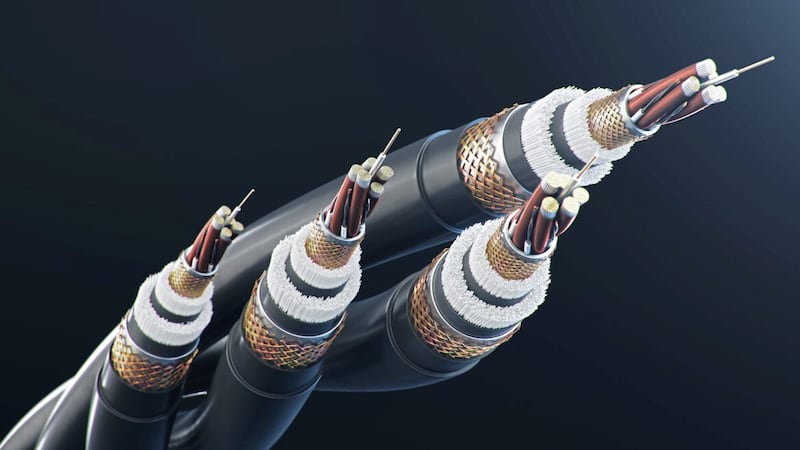YOU will no doubt have read some stories, or at least seen the headlines, over recent days about plans by BT to upgrade landlines across Northern Ireland to digital technology.
It’s part of the telecoms giant’s Digital Voice project to replace all analogue phone lines and for users, will mean that they’ll need to plug their phones into a broadband router for example, rather than the traditional wall socket.
Essential progress, you may say, that will impact not just home-owners but businesses too – but it’s not the only change of its type that we must sit up and take notice of.
Openreach, which builds and runs the broadband network across the UK (and is part of the BT Group) is also preparing the way for ‘The Copper Switch Off’.
That will mean shutting down all of its copper broadband and telephone line networks in favour of fibre in what they’re billing as “the UK’s biggest telecom change since 1876”.
The timetable for this change? Probably sooner than you’d imagine with a projected cut off date of the end of 2025.
In fact, for many, it has already started with copper products being removed from sale for those premises where full fibre is available. Meanwhile, they also will not be sold in any area where full fibre is able to serve 75 per cent of properties.
For businesses that still rely on a copper line for their broadband, it leaves them vulnerable to losing their broadband connection.
Making the switch isn’t just something to do because we have to. There are huge benefits from using fibre including a dramatic increase in reliability. Countries that have already made the switch to full fibre, such as Estonia and Sweden, have reported a 70 per cent reduction in cable faults since switching off copper.
If you’re a business that hasn’t yet made the switch to full fibre, it’s likely that you’re availing of an ISDN system that does allow voice and data to be transmitted simultaneously but has been overtaken by other technology in recent years, such as VoIP (Voice over Internet Protocol) or SIP (Session Initiation Protocol).
I’ll not go into all the minute technical detail of these alternatives but when combined with cloud, they offer much greater flexibility in terms of the number and location of lines and open up the possibility of integration of communications channels across phone, email and video conference, for example.
Making the switch will be easier for some than others, and there has of course been some concern around businesses in rural areas where fibre is – for now – less common.
There are alternative ways to get broadband to your property, such as 4G, satellite and fixed wireless broadband but however your business plans to cope with the copper switch off, now is the time to plan.
:: David Armstrong is b4b Group chief executive








